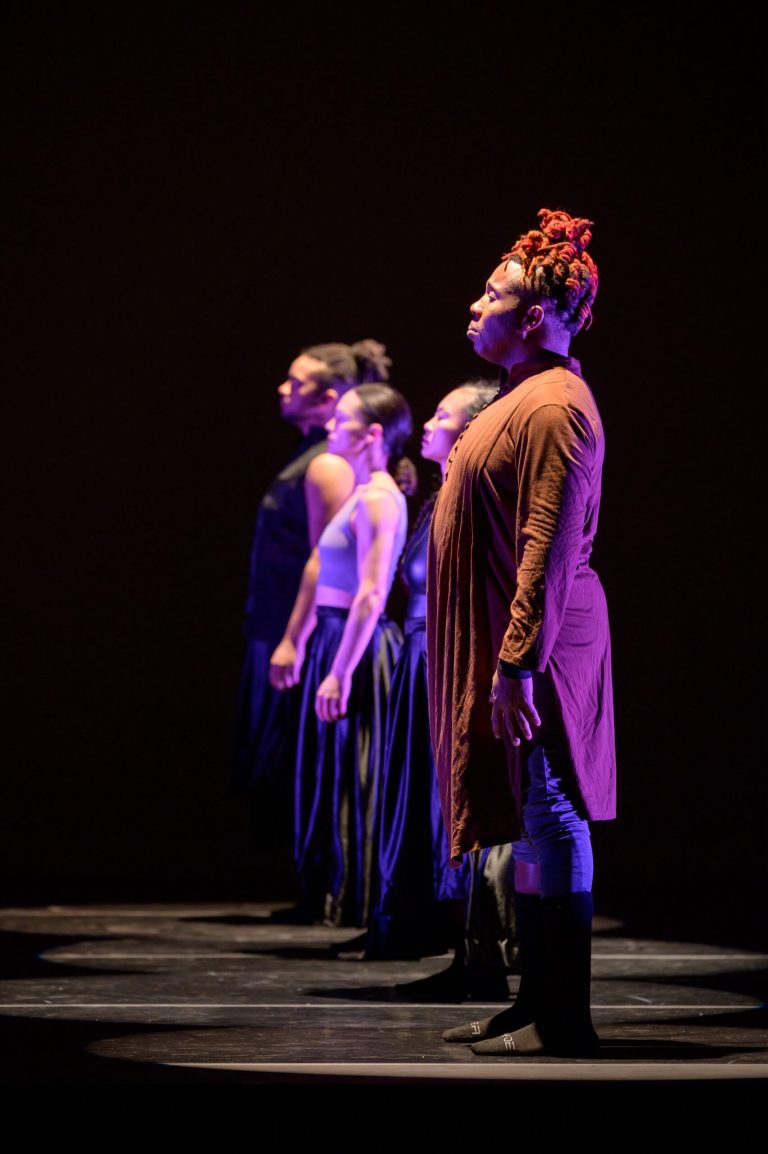Gillian Reinhard ’20
Features Editor
About 90 faculty members signed a statement in late April addressed to Board of Trustees Chair Cornelia Thornburgh ’80, President Berger-Sweeney, and members of the President’s Cabinet. The letter, drafted by the Trinity College chapter of the American Association of University Professors (AAUP), detailed concerns regarding the decision-making process of College leadership during the COVID-19 crisis and advocated for the inclusion of faculty governance members in ongoing planning.
Faculty governance committees, including the College’s Faculty Conference, Curriculum Committee, and Academic Affairs Committee, among others, are composed of professors who have been elected by their colleagues to serve in leadership roles. “We were promised collaboration, and then unilaterally informed that contributions to our retirement would be suspended,” read the letter.
The statement also expressed concerns regarding the President’s Commission, an entity described by Thornburgh as a “think tank” in a Tripod interview on Apr. 22. As the professors who penned the statement noted, this was formed without any input of or advanced notice to faculty governance committees. “All of this is causing a high degree of anxiety among faculty, and at a time when we are working harder than ever,” they expressed in their statement.
The Trinity chapter of the AAUP, supported by dozens of professors, issued a set of principles for the administration to follow in planning for the future of the College moving forward. These suggestions are listed (and condensed) below:
- The budgetary response to this pandemic must not jeopardize the academic mission of our institution. Any additional cuts to faculty positions, salaries, benefits, and the staff who support the academic mission will only further jeopardize the academic mission of this institution.
- Faculty must be central in budgetary decision-making. Furthermore, the Board of Trustees ought to include elected faculty representatives at all future meetings. The Board should amend the College’s charter to include five voting seats filled by elected, non-administrative faculty on the Board of Trustees.
- Existing faculty representation in budgetary decision-making is deeply insufficient. The budgetary information currently shared with faculty is limited to a small number of committee members, who are sworn to confidentiality… Furthermore, the President’s Planning and Budget Council (PBC) is not a mechanism for decision-making but rather a method of managing various constituencies (who do not actually participate as equals in shared governance).
- Any cuts should come first and foremost from the administration. An institution with more Vice Presidents than any other NESCAC school cannot continue to insist that further cuts to the academic budget are either necessary or beneficial for the College.
- Trinity’s most precarious employees must be protected. We are especially concerned that many of these necessary employees have not been informed whether their contracts will be renewed next year, creating uncertainty and anxiety.
- Worker representation in the budgetary process is necessary to achieve meaningful and legitimate decisions. We fear, however, that the current crisis will be used to make deep cuts to the academic budget. This is not acceptable… We will happily work as equal partners with the administration and Board of Trustees to navigate the difficult decisions ahead.
“A failure to include faculty as partners in the budget-making process will only undermine the curriculum and academic mission, exacerbate inequality, and alienate faculty and staff at a time when this institution needs our collective wisdom, intellect, and institutional commitment more than ever,” concluded the letter.
The Tripod reached out to Chief of Staff to the President Jason Rojas and the College’s General Counsel and Secretary of the Board Dickens Mathieu for comment from the administration and the Board of Trustees, respectively.
Mathieu provided the Tripod with an Apr. 27 statement from Thornburgh, on behalf of the Board of Trustees to the faculty, which constituted the administration and Board’s comment.
“We appreciate hearing from you,” said Thornburgh in her letter, “Please know that all of us on the Board of Trustees are deeply grateful to the faculty for the extraordinary efforts you have made to switch at a moment’s notice, in the middle of the semester, to remote learning…you have done heroic work.” Thornburgh also expressed her sympathies for faculty members whose research has been disrupted as a result of COVID-19.
“We certainly take seriously all the suggestions,” she commented. Thornburgh shared a comment from President Berger-Sweeney’s position on shared governance at the College, specifically that “[shared governance] doesn’t mean that every constituency gets to participate at every stage of a decision.” Thornburgh also affirmed that the President’s Commission will consult faculty as they prepare their report.
Thornburgh pointed toward Faculty Secretary Mark Stater, an elected faculty representative, as an important channel for conversation between the Board of Trustees and the faculty. “As trustees, we are always eager to hear from the faculty representative, who attends parts of our meetings,” said Thornburgh. Faculty Secretary Mark Stater was among those faculty who signed his name and expressed their concerns in the AAUP statement. Additionally, he spoke to faculty representation on the Commission with the Tripod prior to the Thornburgh interview.
In her letter to faculty, Thornburgh accepted some and rejected other principles of the AAUP statement, specifically the suggestion for five voting faculty seats on the board of trustees. Thornburgh cited the Association of Governing Boards (AGB), which states that employed faculty have a conflict of interest, adding that Trinity’s Board agrees “with the logic of the AGB, that the faculty voice is important but that its duty and loyalty are not as fiduciaries of the institution.”
However, Thornburgh did agree with several points made by the AAUP statement, specifically that the “academic mission of the college must not be jeopardized” and that the College must “protect Trinity’s most precarious employees.” Thornburgh also directly addressed the salaries of senior administrators, stating that the highest-paid administrators have already suggested they could take pay cuts, adding that, “theirs should not be the only sacrifices.”
Thornburgh concluded her letter by reaffirming her commitment to working with the faculty as well as the Board of Trustees’ desire to work closely with the various groups on campus. The Tripod spoke with Trinity AAUP President and Associate Professor of Political Science Isaac Kamola, who clarified and responded to several of Thornburgh’s points raised in the letter.
“The first comment is, of course, that the statement wasn’t from me but rather from 90 faculty members,” Kamola wrote in an email, in response to Thornburgh’s letter specifically references the statement as his. Kamola also cited “a number of others” who felt that they could not sign on with the statement because of their job insecurity and positions.
Additionally, Kamola clarified the AAUP’s position on shared governance. “Faculty are the group on campus that meets the institutional mission (educating our students); the trustee’s role is to provide for the institutional necessities that make this mission,” Kamola stated. “The argument that is not addressed, however, is that the faculty receive so little budget information—and often only after the important decisions are made. It is our request, therefore, to be considered long-term stakeholders, with incredible knowledge of this institution.” Additionally, Kamola pushed back on the assertion of a “conflict of interest” expressed in Thornburgh’s email.
The AAUP is currently drafting a response to Thornburgh’s letter to the faculty and the Tripod will continue to provide updates as this story develops.






+ There are no comments
Add yours